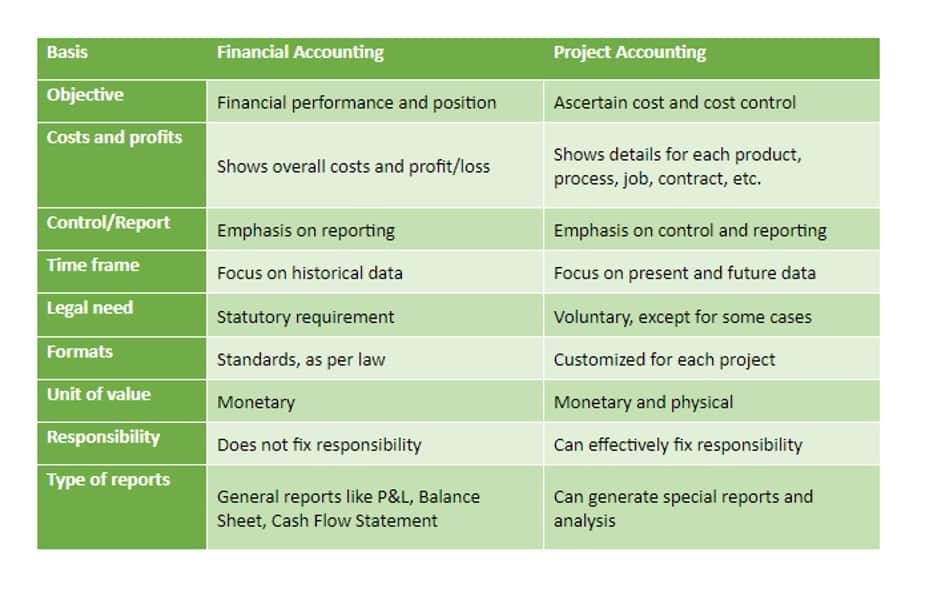
A customer paid $1,000 in cash without specifying https://www.bookstime.com/ which invoice the payment relates to. Let’s suppose a company receives a cash sum of $500 but it cannot figure out who the money is from or what it is for. Despite its mysterious connotations, “suspense” in this case simply refers to the fact that a transaction or its designation in a company’s books has been suspended temporarily, pending some further action. At Finance Strategists, we partner with financial experts to ensure the accuracy of our financial content.
Step 1 of 3
- The accountant recorded the “unclassified” amount in the general ledger suspense account to complete the assignment by the deadline.
- It improves the quality of book-keeping and proper representation of all the transactions.
- They are the placeholders that keep the accuracy of your financial records intact while you figure out the account where the transaction belongs and add it to the general ledger.
- Toward the end of the accounting period, all discrepancies are sorted and accounted for to their permanent entities.
- Suspense accounts serve as temporary placeholders in accounting, helping to manage transactions that cannot be immediately classified or resolved.
Auditors place special emphasis on suspense accounts during their audit procedures. Unresolved suspense accounts may raise red flags and draw auditors’ attention to potential errors, misstatements, irregularities, or inadequate internal controls within an organization’s accounting processes. Auditors will scrutinize the nature and balances of suspense accounts and request clarification or additional supporting documentation if necessary. They also contribute to the overall transparency of accounting processes by allowing for proper investigation and reconciliation of problematic items. Without suspense accounts, the risk of inaccuracies or omissions in financial statements would be significantly higher, potentially leading to adverse consequences for businesses and stakeholders.
- Suspense accounts are used by accountants in many different types of situations.
- A suspense account in accounting is like a temporary storage room where you keep transactions that do not have a clear place to go in the financial records.
- Until you actually make the withdrawal from the agent or financial institution, the remittance money may be stored in their suspense account.
- Bookkeeping has never been easier thanks to FreshBooks’ double-entry accounting.
- If there is an anomaly, this amount is placed in a suspense account until the balance is corrected, and the amount is accurately placed in the right account.
- Even if there is no timeline set by regulatory authorities for the clear-out process, businesses routinely carry out monthly or quarterly suspense account reconciliations.
Account Reconciliation Explained with Types
- In mortgage servicing, the servicer can use a suspense account to park funds temporarily if a borrower has made only a partial payment for that month.
- These accounts are designed to temporarily hold mortgage payments that are either incomplete or cannot be immediately applied to specific portions of the loan, such as principal, interest, taxes, or insurance.
- The suspense account can hold the difference that led to the trial balance not balancing until the discrepancy is rectified.
- Just like any to-do pile, the suspense account cannot hold your mystery amounts forever, and its proper place will need to be determined.
- Instead of this causing confusion or potential errors in your account, the funds are placed into a brokerage suspense account.
These misstatements can affect the balance sheet, income statement, and cash flow statement, potentially distorting key financial ratios and misleading users of financial information. Suspense accounts are commonly used to temporarily hold adjustment entries that cannot be allocated directly to specific accounts. Adjustment entries are made to correct errors, allocate expenses, or recognize revenue that was not previously recorded. By utilizing a suspense account, these adjustment entries suspence account can be captured and subsequently allocated to their respective accounts, ensuring the accuracy of financial statements. Suspense accounts play a crucial role in account reconciliations, especially when discrepancies are detected between different financial records or reports.
- While suspense accounts are invaluable tools in accounting for managing transactions that cannot be immediately classified, they also come with their own set of challenges.
- Auditors will scrutinize the nature and balances of suspense accounts and request clarification or additional supporting documentation if necessary.
- Keep track of all of your transactions, even from your smartphone with online accounting & invoicing software like Debitoor.
- They serve as a means to ensure the accuracy and integrity of financial information by providing a temporary holding place for items that cannot be promptly allocated or reconciled within designated accounts.
- Brokerage firms also use suspense accounts to, for example, keep track of a customer’s money between the time they sell an investment and when they reinvest that money.
- Missing or incorrect details can derail your bookkeeping efforts, but you need to record every transaction.
What is a suspense balance mortgage?

The accountant will then credit the suspense account with $50 and debit the cash account with the same transaction amount. When the company gets the entire payment from the customer, they will debit $50 from the suspense account and credit the receivable accounts with the same amount. When the process is finished, the accountant may finally terminate the suspense account and transfer the money to the correct account.

What is a suspense account?

This allowed https://x.com/BooksTimeInc the finance team time to clarify the details with the customer without affecting the accuracy of their accounts receivable. By following these steps, you can effectively use suspense accounts to manage uncertain or incomplete transactions. This practice not only helps in keeping your financial records organized but also aids in ensuring compliance and accuracy in financial reporting. Suspense accounts play a crucial role in maintaining the accuracy and integrity of financial records.